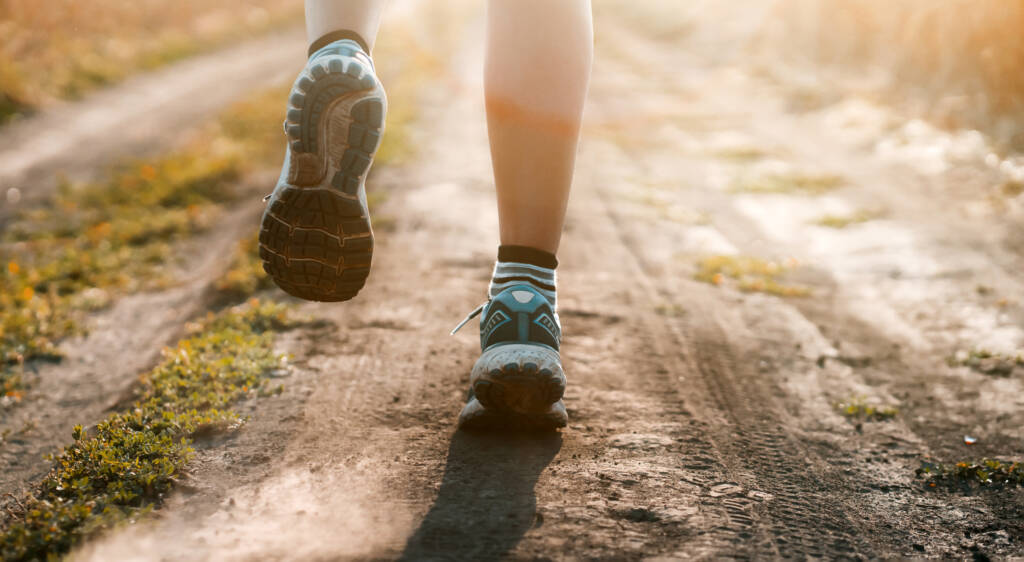
Elementary Physical Education Grade 4

The Elementary PE course teaches students about healthy habits and activities. It builds on what they have learned in previous lessons and provides age-appropriate activities. Students learn skills like throwing, catching, kicking, striking, dancing, swimming, and basic gymnastics. They also learn about eating a healthy diet, working as a team, and being a good sport. The course encourages students to be active for 60 minutes every day and set goals to improve their skills.
Please view the Elementary Parents Guide for Grades 3-5 with guidance on helping your student transition to online learning and thrive at VLACS.
Major Topics and Concepts
Major Topics and Concepts:
Module 01: Take Notice, Keep Focus
- 01.00 Module One Pretest
- 01.01 Safety
- 01.02 Fitness Assessment 1
- 01.03 Locomotor Movements
- 01.04 Throwing and Catching—Project-Based Assessment
- 01.05 Module One Review and Discussion-Based Assessment
- 01.06 Module One Assessment
Module 02: Use and Nourish Your Body
- 02.00 Module Two Pretest
- 02.01 Flexibility
- 02.02 Cardiovascular Health
- 02.03 Strength
- 02.04 Nutrition—Project-Based Assessment
- 02.05 Fitness Assessment 2
- 02.06 Module Two Review and Discussion-Based Assessment
- 02.07 Module Two Assessment
Module 03: Strike It Rich, Keep It Fair
- 03.00 Module Three Pretest
- 03.01 Sportsmanship and Teamwork
- 03.02 Nutrition and Water
- 03.03 Striking—Project-Based Assessment
- 03.04 Kicking
- 03.05 Module Three Review and Discussion-Based Assessment
- 03.06 Module Three Assessment
Module 04: Moving toward Your Goals
- 04.00 Module Four Pretest
- 04.01 Dance
- 04.02 Gymnastics and Swimming
- 04.03 Fitness Resources
- 04.04 Improve Movement—Project-Based Assessment
- 04.05 Fitness Assessment 3
- 04.06 Module Four Review and Discussion-Based Assessment
- 04.07 Module Four Assessment
Course Materials
To achieve success, students are expected to submit work in each course weekly. Students can learn at their own pace; however, “any pace” still means that students must make progress in the course every week. To measure learning, students complete self-checks, practice lessons, multiple choice questions, projects, discussion-based assessments, and discussions. Students and families are expected to maintain regular contact with teachers because, when teachers, students, and parents work together, students are successful.
Required Materials – Please view the list of materials before registering.
Competencies
Influences on Fitness
I can explain the movement steps to a social dance. I can describe the forces that act on a body while maintaining a balanced position. I can describe swim strokes. I can explain the technologies that help to reach health goals. I can predict the impact of influences on a person’s participation in physical activity. I can interpret assessments to evaluate fitness.
Nutrients and the Training Principles
I can select specific stretches to reduce specific sport injuries. I can analyze my heart rate during activities. I can identify principles of fitness to their correct meaning. I can identify the muscles that are being used during physical activity. I can describe the five parts of a workout. I can compare the recommended daily portions for the different food groups.
Safety and Healthy Performance
I can interpret when my body is showing signs of dehydration. I can evaluate my physical fitness by measuring my fitness levels. I can identify similar movement patterns in various sports. I can describe cues of catching. I can compare different positions for offense and defense in games. I can identify proper practice activities that can improve performance skills.
Sportsmanship and Kicking
I can describe inclusive opportunities with others while in a physical activity setting. I can explain the connection between skill competence and enjoyment of activity. I can analyze a food label to determine the serving size and total nutrients. I can explain the cues to forehand strike with a racquet. I can describe games that use striking with various body parts and equipment. I can explain the cues to kick an object that travels in the intended direction.

